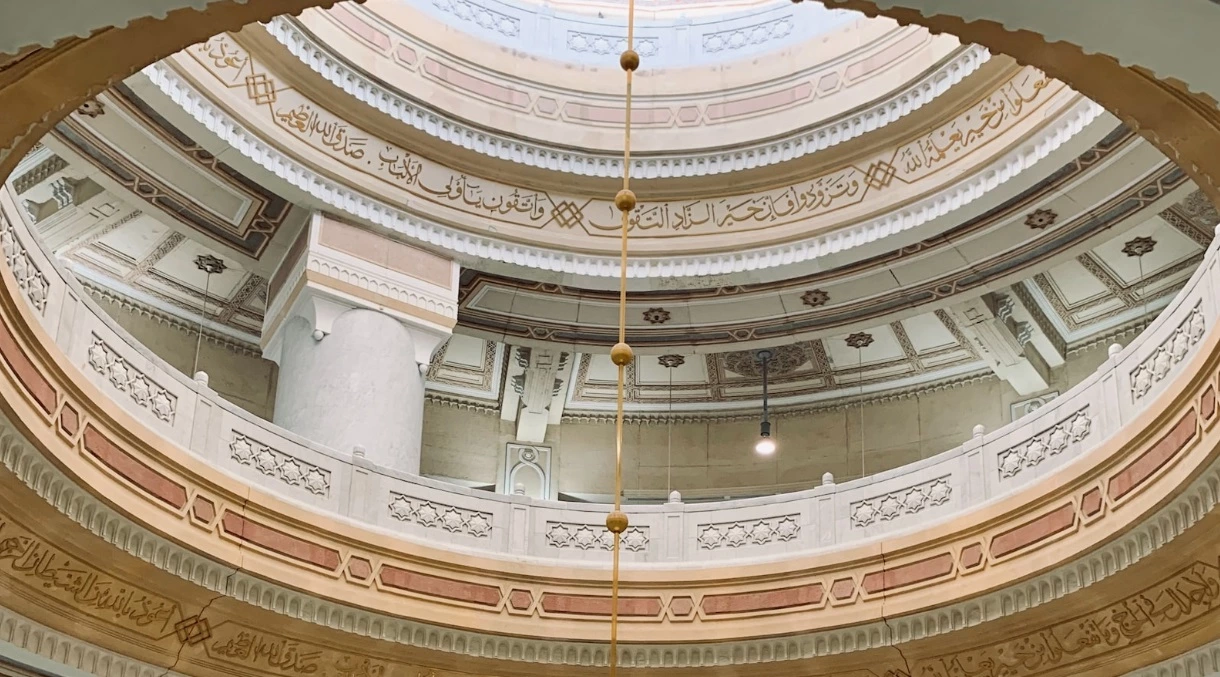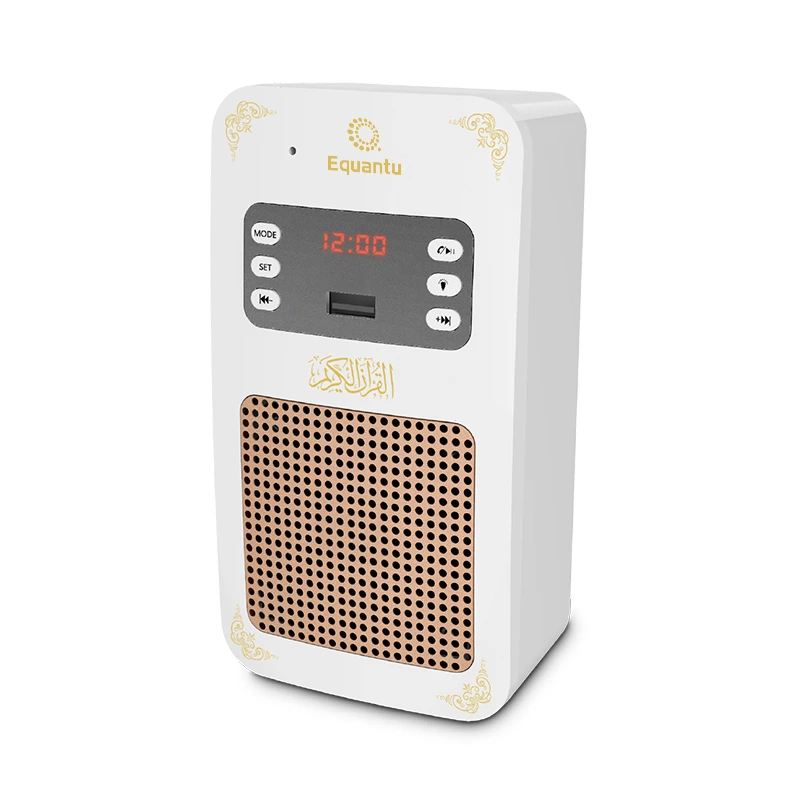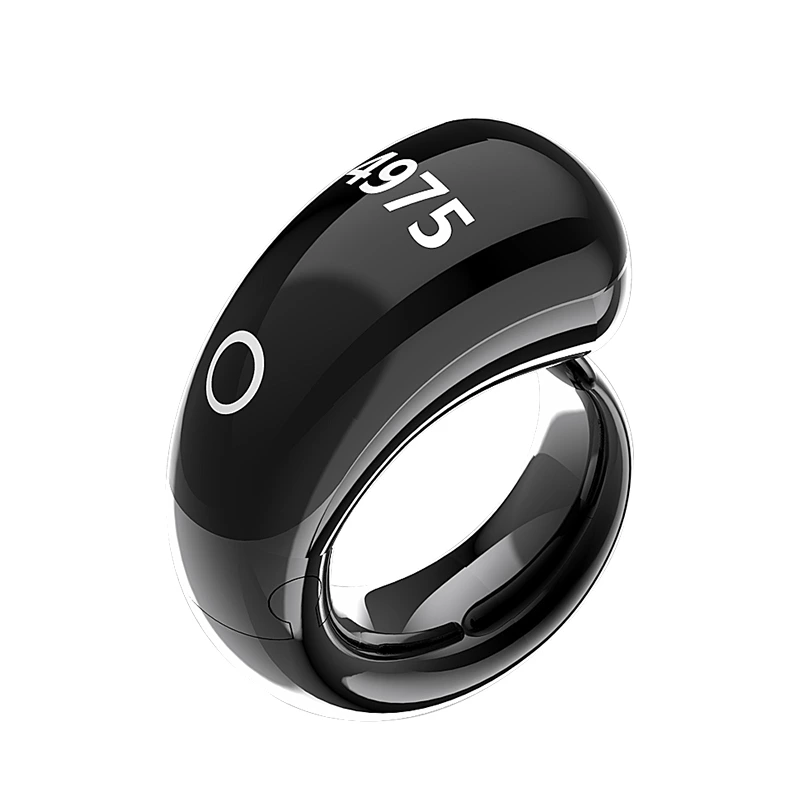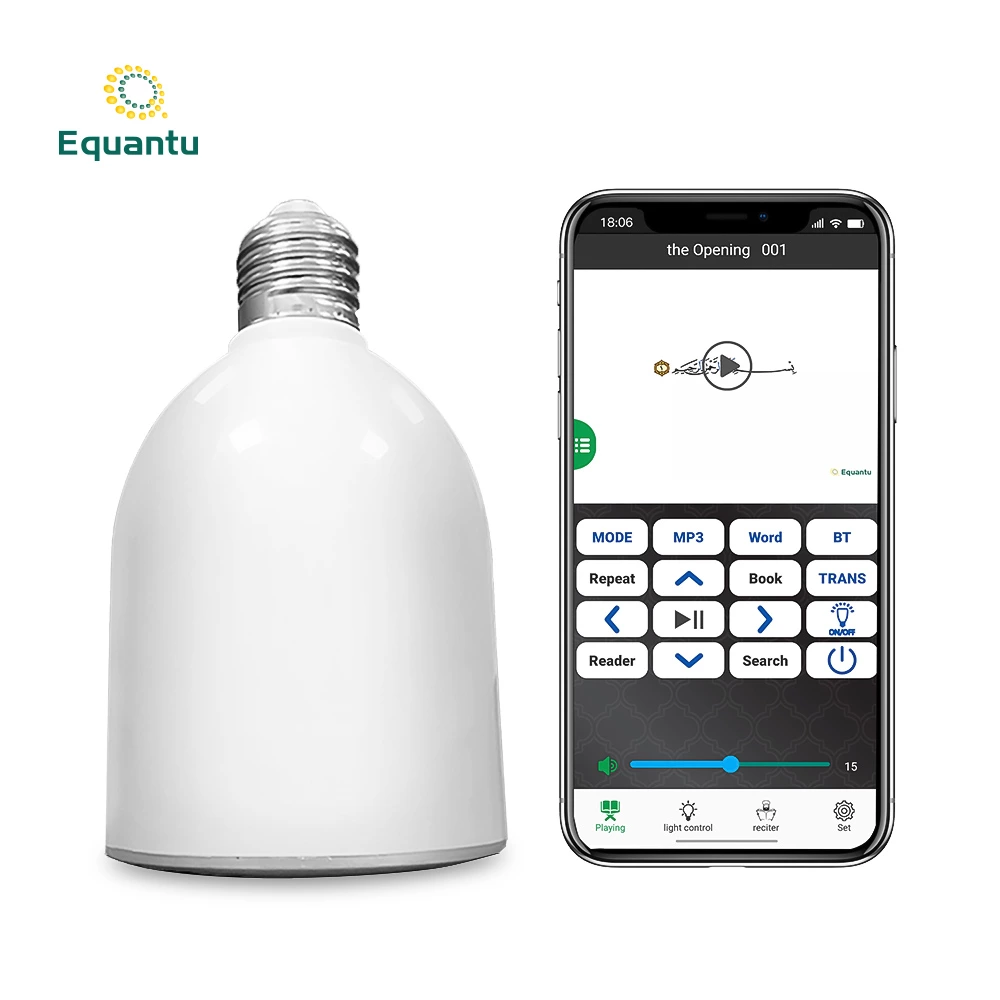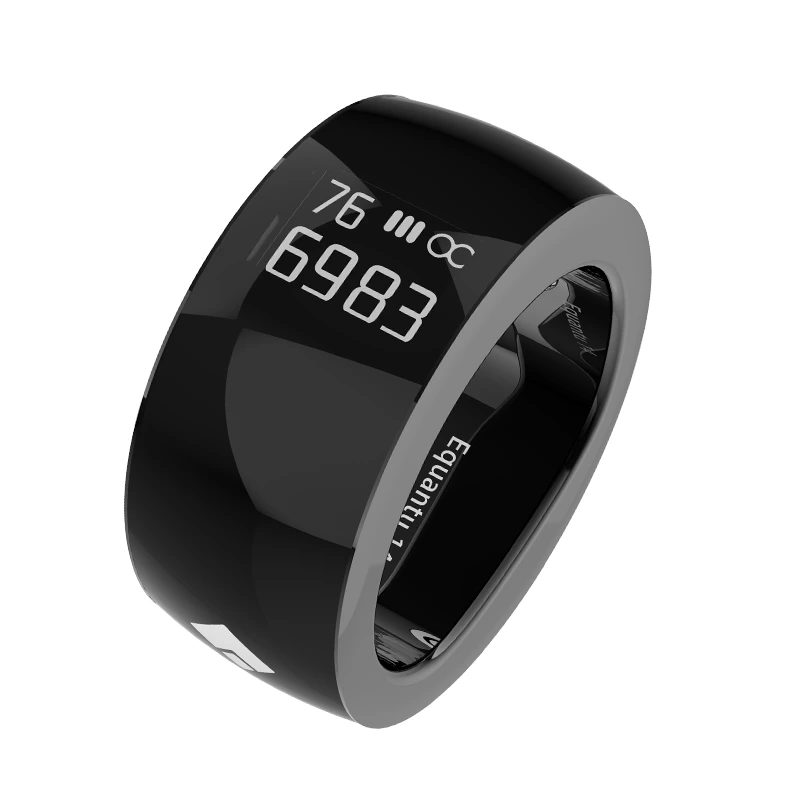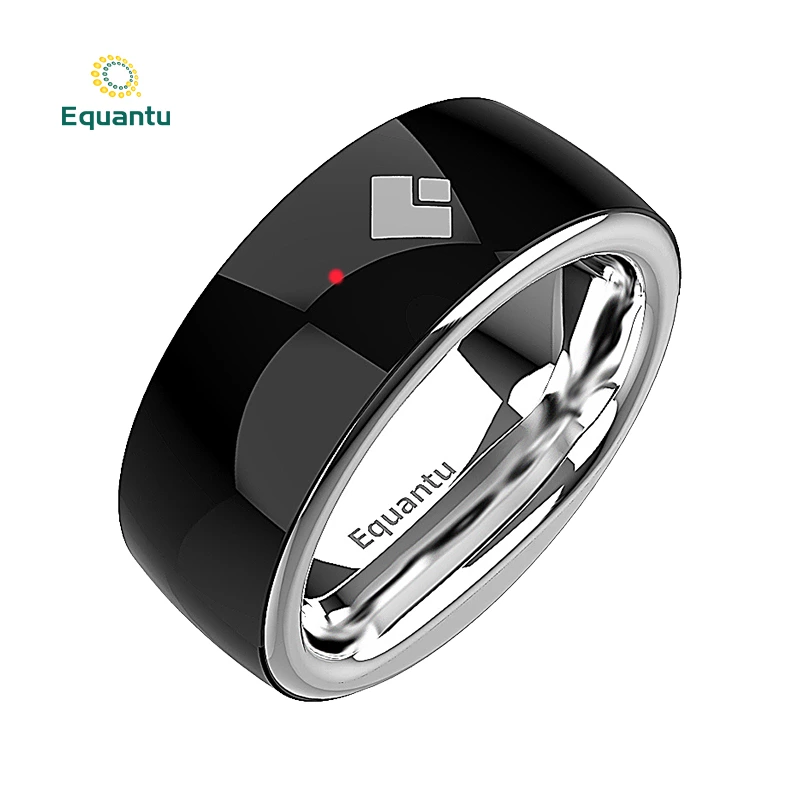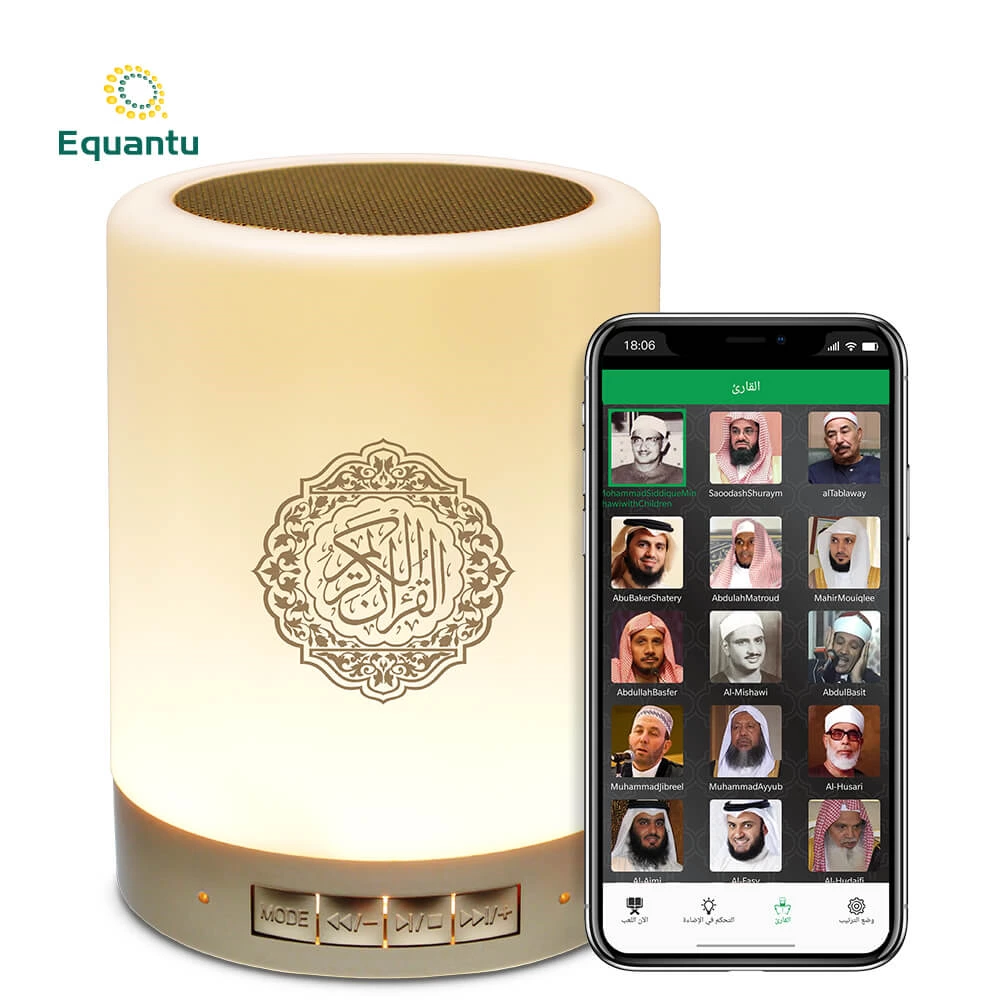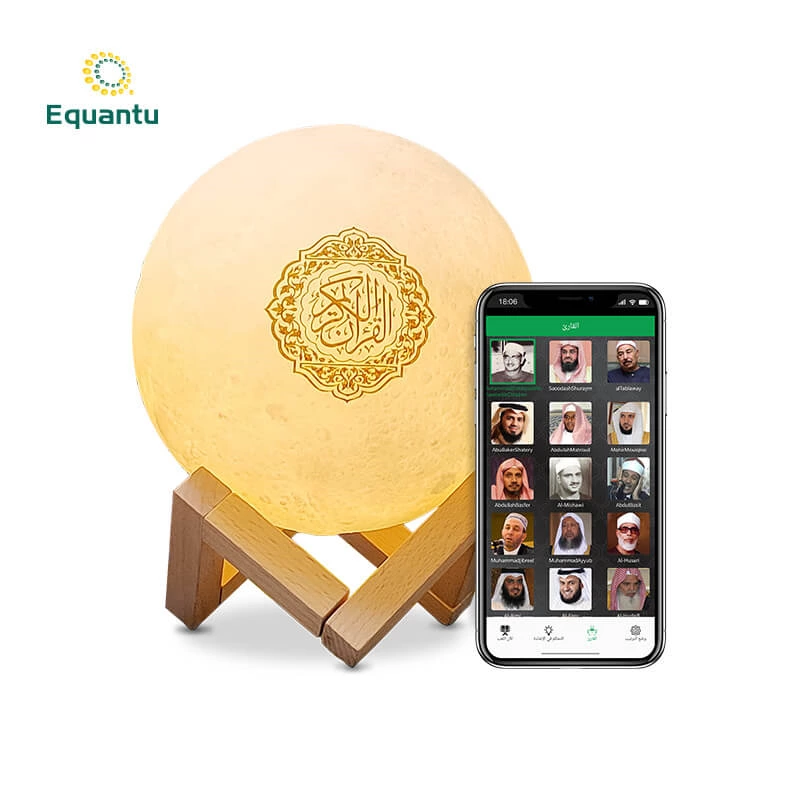Historical Context of the Qibla
The Qibla's Establishment
The establishment of the Qibla towards the Kaaba in Mecca was a pivotal moment in Islamic history. Initially, Muslims prayed facing Jerusalem, but this changed about 16 months after the Prophet Muhammad's migration to Medina.
Allah says in the Quran:
"We have certainly seen the turning of your face, [O Muhammad], toward the heaven, and We will surely turn you to a qiblah with which you will be pleased. So turn your face toward al-Masjid al-Haram. And wherever you [believers] are, turn your faces toward it." (Quran 2:144)
This verse marks the divine command to face the Kaaba during prayer, establishing a unique Islamic identity and emphasizing the importance of Mecca in Muslim worship.
Spiritual Significance of the Qibla
1. Unity and Equality
The Qibla serves as a powerful symbol of Muslim unity. Regardless of geographical location, all Muslims face the same direction in prayer, creating a sense of global community and equality before Allah.
2. Focus and Concentration
Facing a specific direction helps worshippers focus their minds and hearts on the act of prayer. It minimizes distractions and enhances khushu' (spiritual concentration) during worship.
3. Connection to Islamic Heritage
The Kaaba, built by Prophet Ibrahim and his son Ismail, represents the ancient monotheistic tradition. By facing it, Muslims connect with this rich spiritual heritage.
4. Reminder of Tawhid (Oneness of God)
While the Kaaba is the physical focus, it reminds Muslims that their worship is directed solely to Allah, not to any physical structure.
Practical Aspects of the Qibla in Prayer
1. Organizational Element in Mosques
The Qibla determines the architecture of mosques, with the mihrab (prayer niche) indicating the direction of Mecca. This architectural feature helps organize congregational prayers.
2. Alignment in Congregational Prayers
In group prayers, facing the Qibla ensures uniformity and order, with worshippers standing in straight lines facing the same direction.
3. Global Navigation Tool
Historically, determining the Qibla has been an impetus for advancements in geography, mathematics, and astronomy among Muslim scholars.
Qibla in the Modern World
Technological Advancements
Modern technology has made finding the Qibla easier than ever. Smartphone apps, GPS devices, and online tools help Muslims accurately determine the Qibla direction anywhere in the world.
Challenges in Non-Muslim Countries
For Muslims living in or visiting non-Muslim countries, knowing the Qibla direction can be challenging. This has led to innovative solutions like Qibla-finding apps and portable prayer compasses.
Flexibility in Determining Qibla
While accuracy is encouraged, Islamic teachings also provide flexibility. The Prophet Muhammad (peace be upon him) said:
"What is between the east and the west is qibla." (Tirmidhi)
This hadith suggests that if one makes a sincere effort to face the right direction, minor inaccuracies are acceptable.
Qibla Beyond Prayer
The concept of Qibla extends beyond formal prayers:
- Dua (Supplication): It's recommended to face the Qibla when making dua.
- Reciting Quran: Many prefer to face the Qibla while reciting the Quran.
- End of Life: Muslims are encouraged to face the dying towards the Qibla.
Spiritual Lessons from the Qibla
- Unity in Diversity: Muslims worldwide, despite cultural differences, unite in facing one direction.
- Consistency and Discipline: Regular alignment with the Qibla teaches consistency in worship.
- Spiritual Orientation: Just as we orient our bodies, we should orient our hearts towards Allah.
Common Misconceptions about the Qibla
- Worshipping the Kaaba: Muslims clarify that they worship Allah alone, not the Kaaba itself.
- Absolute Precision Required: While accuracy is important, Islam allows for reasonable efforts in determining the Qibla.
Conclusion
The Qibla in Islamic prayer is far more than a geographical direction; it's a profound spiritual concept that unifies Muslims, enhances focus in worship, and connects believers to their religious heritage. It serves as a daily reminder of the global Muslim community and the central role of Mecca in Islamic faith.
In our modern, interconnected world, the Qibla continues to play a crucial role in Muslim life, adapted through technology but unchanged in its spiritual essence. It remains a powerful symbol of the Islamic faith, guiding millions in their daily prayers and spiritual practices.
As Muslims align themselves with the Qibla in prayer, they are not just facing a direction, but orienting their entire being towards Allah. This physical act of alignment serves as a powerful metaphor for the spiritual alignment of one's heart and soul with the divine will.
Understanding the importance of Qibla enriches the prayer experience, making it not just a ritual, but a profound spiritual journey undertaken five times daily. It reminds us that in the vast diversity of the Muslim world, there is a unifying core – a single point of focus that brings hearts together in worship, transcending geographical boundaries and cultural differences.
